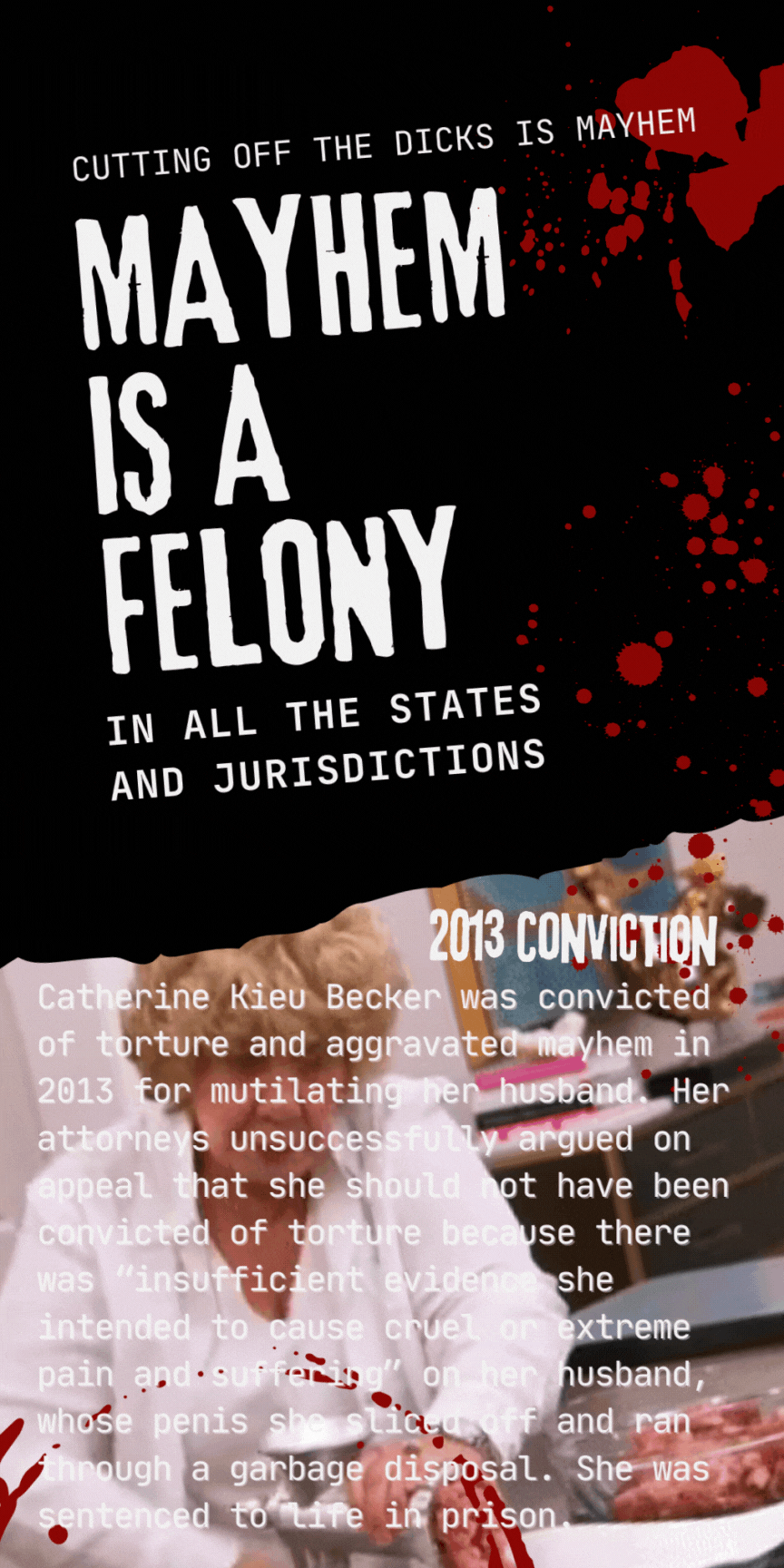Tag: The Law
-
On matters of predatory employment practices and a fifty-dollar federal minimum wage
Today, we confront a question that strikes at the very foundation of our Republic: whether businesses may profit at the expense of the liberty and dignity of their employees. Let me be unequivocal: NO BUSINESS is entitled to profit by trampling on the constitutional guarantees of freedom, fairness, and economic justice. The proposal for a…
-
One ‘n’ short of a unicorn
Welcome to the circus of UNICOR, where the government plays ringmaster and inmates are the unwilling performers! Picture this: It’s 1934, the Great Depression is in full swing, and FDR decides, “Hey, why not solve unemployment by enslaving prisoners?” And voila! Federal Prison Industries is born, later rebranding as UNICOR because nothing says “we’re totally…
-
Reconstructing slavery again and again
The red flags indicate red flags. Any serious movement to abolish slavery must stand firm in its conviction that there can be no compromise when it comes to human freedom. All forms of slavery and involuntary servitude must be eradicated without exception. Throughout history, attempts to abolish slavery have been undermined by loopholes, exceptions, and…
-
The Goldwater Rule: A Tale of Psychiatric Scandals and Ethics
This is the tale of the Goldwater Rule that proves sometimes the doctors are crazier than the patients! In the sweltering summer of 1964, the psychiatric community found itself at the center of a scandal that would shake the very foundations of professional ethics. Barry Goldwater, the Republican candidate for president, was about to become…
-
before the medical police
Before the concept of “medical police” emerged in 18th-century Germany, public health measures in Europe were a patchwork of practices rooted in religion, superstition, rudimentary science, and localized governance. These efforts were reactive, fragmented, and often tied to immediate crises like plagues or poor sanitation. Here’s an overview of what existed before the formalization of…
-

UNITED STATES v. RUTHERFORD, 442 U.S. 544 (1979)
The question presented in this case is whether the Federal Food, Drug, and Cosmetic Act precludes terminally ill cancer patients from obtaining Laetrile, a drug not recognized as “safe and effective” within the meaning of § 201(p)(1) of the Act, 52 Stat. 1041, as amended, 21 U.S.C. § 321 (p)(1). Terminally ill cancer patients and their…
-
United States v. Forty Barrels and Twenty Kegs of Coca-Cola, 241 U.S. 265 (1916)
United States v. Forty Barrels and Twenty Kegs of Coca-Cola, 241 U.S. 265 (1916), was a federal suit under which the government unsuccessfully attempted to force The Coca-Cola Company to remove caffeine from its product. Context In 1906, Harvey Washington Wiley was the head of the United States Department of Agriculture Bureau of Chemistry when Congress passed the Pure Food and Drug Act. The…
-
Carmel-by-the-Sea prohibits wearing heels taller than 2 inches without a permit
Though often mistakenly thought of as an urban legend, the municipal code prohibits wearing shoes having heels taller than 2 inches (5.1 cm) or with a base of less than 1 square inch (6.5 cm2) unless the wearer has obtained a permit for them. While the local police do not cite those in violation of the ordinance, this…
-

Mouth of the Lion
Denunciation (from Latin denuntiare, “to denounce”) is the act of publicly assigning to a person the blame for a perceived wrongdoing with the hope of bringing attention to it. Notably, centralized social control in authoritarian states requires some level of cooperation from the populace. Denunciation boxes, or bocche di leone (lions’ mouths), were scattered throughout Venice, from the Doge’s Palace to the Dorsoduro district.…
-

Bethel School District v. Fraser, 478 U.S. 675 (1986)
Bethel School District v. Fraser, 478 U.S. 675 (1986), was a landmark decision of the Supreme Court of the United States in which the Court upheld the suspension of a high school student who delivered a sexually suggestive speech at a school assembly. The case involved free speech in public schools. On April 26, 1983, student Matthew Fraser was suspended from Bethel…
-

Mayhem (crime)
Mayhem is a common law criminal offense consisting of the intentional maiming of another person. Under the law of England and Wales and other common law jurisdictions, it originally consisted of the intentional and wanton removal of a body part that would handicap a person’s ability to defend themselves in combat. Under the strict common law definition, initially this required damage to an eye…
-

Rule According to Higher Law (Not To Be Confused With Rule of Law)
The rule according to a higher law is a statement which expresses that no law may be enforced by the government unless it conforms with certain universal principles (written or unwritten) of fairness, morality, and justice.[1] Thus, the rule according to a higher law may serve as a practical legal criterion to qualify the instances of political or economical decision-making,…
-

Void For Vagueness
In American constitutional law, a statute is void for vagueness and unenforceable if it is too vague for the average citizen to understand, and a constitutionally-protected interest cannot tolerate permissible activity to be chilled within the range of the vagueness (either because the statute is a penal statute with criminal or quasi-criminal civil penalties, or because the interest invaded by the…
-

Deprivation of Rights Under Color of Law
SUMMARY: Section 242 of Title 18 makes it a crime for a person acting under color of any law to willfully deprive a person of a right or privilege protected by the Constitution or laws of the United States.For the purpose of Section 242, acts under “color of law” include acts not only done by…
Recent Posts
- 🧬 Disease Table with Low Sodium Connection
- 🧂 Sodium Reduction and Sodium Replacement: A History of Reformulation and Exploding Diseases, Including Many Diseases Unheard of Before Deadly Sodium Policies
- 🧂 The DEADLY 1500 mg Sodium Recommendation predates the WHO’s formal global sodium reduction push by nearly a decade (and it’s even worse than that)
- 🧬 What Is Beta-Glucuronidase?
- When Sugar Was Salt: Crystalline Confusion and the Covenant of Sweetness
Tags
ADAM ASPARTAME Birds Blood Bones Brain Bugs Cancer Columba Cows crystallography Death Death cults Eggs Etymology Gastrin Gold Growth hormone History Hormones Insulin Liver Mere Perplexity Metal Monkey Business Mythology Paracetamol Plants Poison Pregnancy Protein Religion Reproduction Rocks Salt Slavery Snakes Sodium the birds and the bees Thiocyanate Tobacco Tylenol Underworld Venom zinc
